Public engagement with research (PER) is important for impact, community engagement, identifying research priorities, among other benefits. It is also increasingly valued as a skill in researchers, and by funders. In these two upcoming training sessions as part of the RKEDF, find out how to get started and how to take your public engagement to the next level – creating a strategy to identify where to focus your energy for the greatest impact
Getting started in public engagement with research
7/12/21 – 10:00-11:30
Online
This workshop aims to get academics from zero or little PER experience to a position where they are confident carrying out activity with awareness of audience, delivery and evaluation. BU benefits from having academics that meet the expectations of the modern research landscape, are able to promote BU research and are engaged with their local community.
This workshop will cover the status of public engagement in the research landscape; why it is important and what it can do for researchers. We’ll cover how to identify audiences and target their needs and expectations by designing public engagement activity around them. In addition, the workshop will go into the logistics of public engagement – from securing funding through planning, developing skills and the support offered at BU. Finally, we’ll discuss how to evaluate engagement activity to provide evidence for impact, insights into improving your activity and to provide further opportunity for engagement.
This 1.5 hour session consists of two parts;
| 30 minutes | A pre-recorded training video, recorded by BU Engagement Officer Adam Morris, covering all the content above.
You have a choice on when you’d like to watch this session. You can choose to watch it immediately prior to the Q&A, combining both into a single session. Alternatively, you can watch the session at any time prior to the Q&A and allow yourself more time to develop questions, joining this workshop just for the Q&A. Watch the training video on Brightspace at any time. |
| 1 hour | A live Question and Answer session, hosted by BU Engagement Officer Adam Morris, providing an opportunity for you to ask your questions on public engagement with research and to hear from other attendees.
You can ask your questions during the session or, to allow a more considered response, email your questions to Adam ahead of time. |
▸ Learning objectives
- Understand what is meant by public engagement and why it is an increasingly important part of a research career
- Identify relevant audiences and understand how to target engagement
- Plan public engagement activity that complements and benefits research
- Evaluate public engagement activity and use this to demonstrate impact
- Identify possible funders for public engagement with research
Book your place
High Quality Public Engagement
13/12/2021 – 10:00-12:30
Online
Public engagement is an open, two-way process that can reap tremendous benefits for our researchers, the university and society. To find out how it can enrich your research, ensure its relevance to your wider public and build trust with partners and stakeholders, sign up for this session on High Quality Public Engagement.
We have teamed up with the National Coordinating Centre for Public Engagement (NCCPE), who will bring their expertise to this bespoke training session for BU researchers.
In this workshop, participants will have the opportunity to examine a series of frameworks and tools that can be used to develop high quality public engagement with research. In applying these tools – through case studies, activities and discussions – delegates will develop a more strategic approach to their public engagement practice.
It is aimed at people with experience of public engagement with research (e.g.: those who are highly experienced in one type of public engagement, those who have tried lots of different types, or those who have done engagement in other contexts) looking to take stock and develop a more strategic approach to their public engagement.
▸ Learning objectives
- Explore frameworks and concepts that deepen thinking about People, Purpose and Process
- Apply those explorations to your own work
- Consider how to take the concepts into your own work in the future
By the end of the session, you will be able to take a more strategic approach to your public engagement activity.
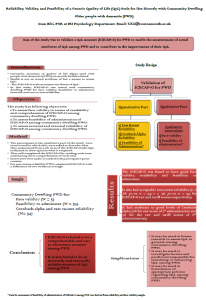
 Every BU academic has a
Every BU academic has a  By clicking on this box, on the left of the Research Blog home page just under the text ‘Funding Opportunities‘, you access a
By clicking on this box, on the left of the Research Blog home page just under the text ‘Funding Opportunities‘, you access a 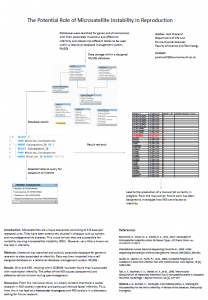
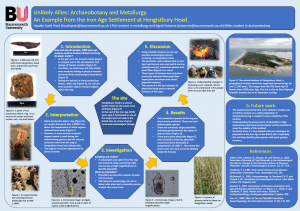
 An opportunity has arisen for two impact Champions for Unit of Assessment (UOA) 15 (Archaeology) to help drive preparations for the next REF. These roles would initially be until summer 2022.
An opportunity has arisen for two impact Champions for Unit of Assessment (UOA) 15 (Archaeology) to help drive preparations for the next REF. These roles would initially be until summer 2022.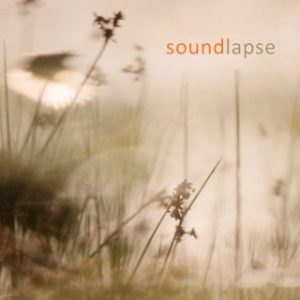
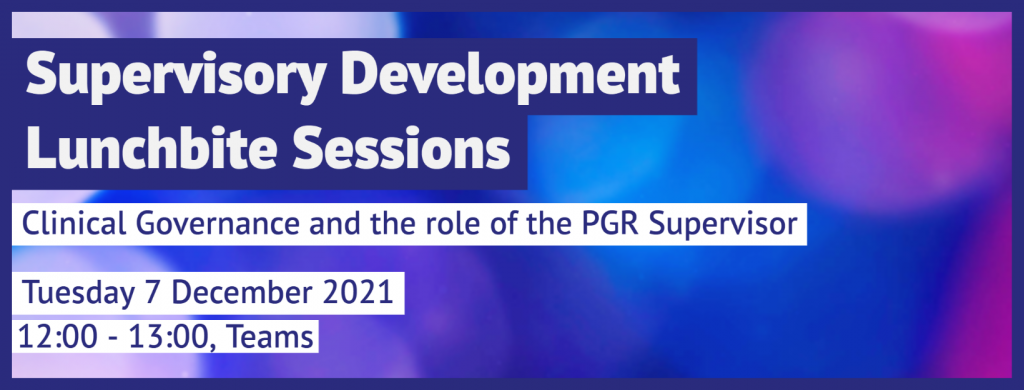
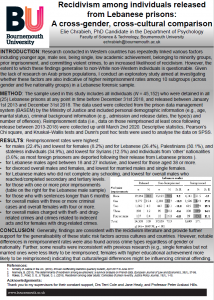
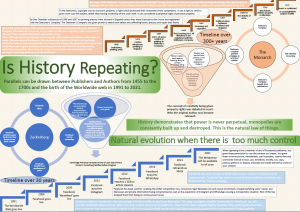
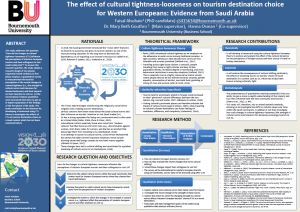
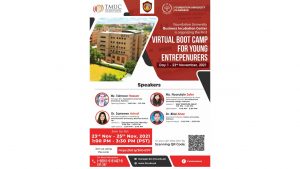
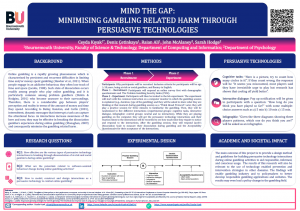
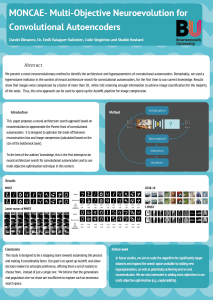
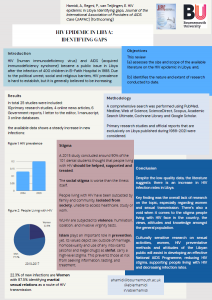











 3C Event: Research Culture, Community & Can you Guess Who? Friday 20 March 1-2pm
3C Event: Research Culture, Community & Can you Guess Who? Friday 20 March 1-2pm Beyond Academia: Exploring Career Options for Early Career Researchers – Online Workshop
Beyond Academia: Exploring Career Options for Early Career Researchers – Online Workshop UKCGE Recognised Research Supervision Programme: Deadline Approaching
UKCGE Recognised Research Supervision Programme: Deadline Approaching SPROUT: From Sustainable Research to Sustainable Research Lives
SPROUT: From Sustainable Research to Sustainable Research Lives BRIAN upgrade and new look
BRIAN upgrade and new look ECR Funding Open Call: Research Culture & Community Grant – Apply now
ECR Funding Open Call: Research Culture & Community Grant – Apply now ECR Funding Open Call: Research Culture & Community Grant – Application Deadline Friday 12 December
ECR Funding Open Call: Research Culture & Community Grant – Application Deadline Friday 12 December MSCA Postdoctoral Fellowships 2025 Call
MSCA Postdoctoral Fellowships 2025 Call ERC Advanced Grant 2025 Webinar
ERC Advanced Grant 2025 Webinar Update on UKRO services
Update on UKRO services European research project exploring use of ‘virtual twins’ to better manage metabolic associated fatty liver disease
European research project exploring use of ‘virtual twins’ to better manage metabolic associated fatty liver disease